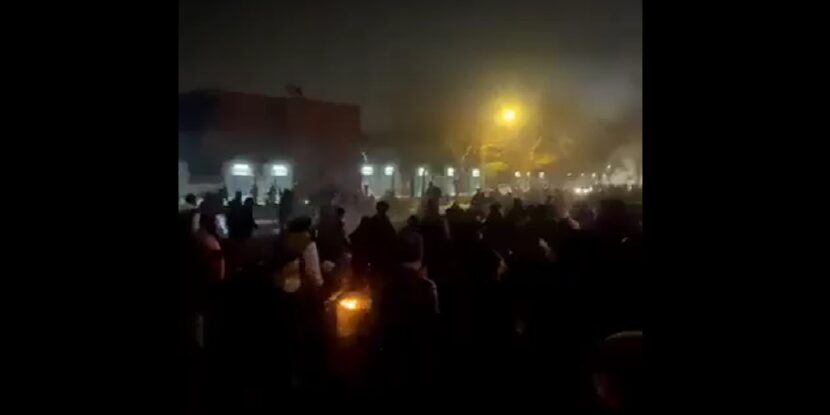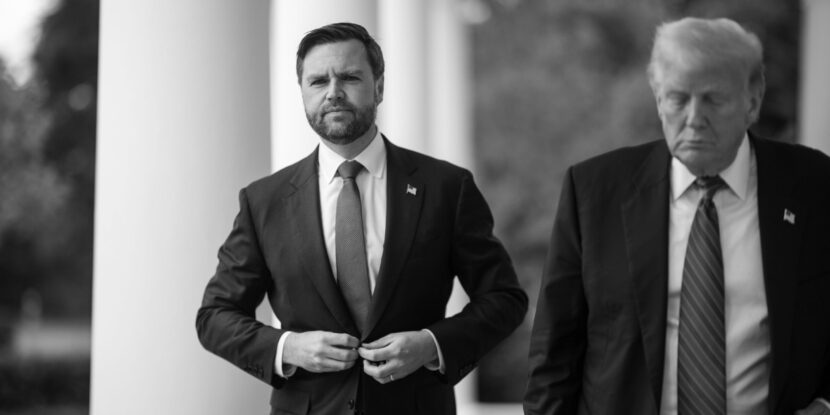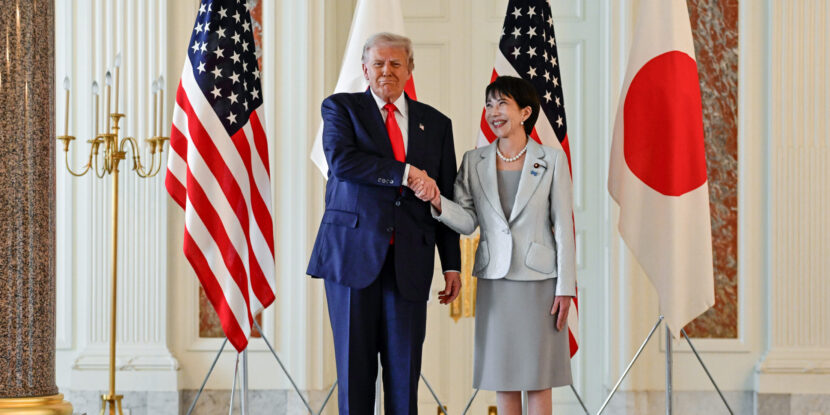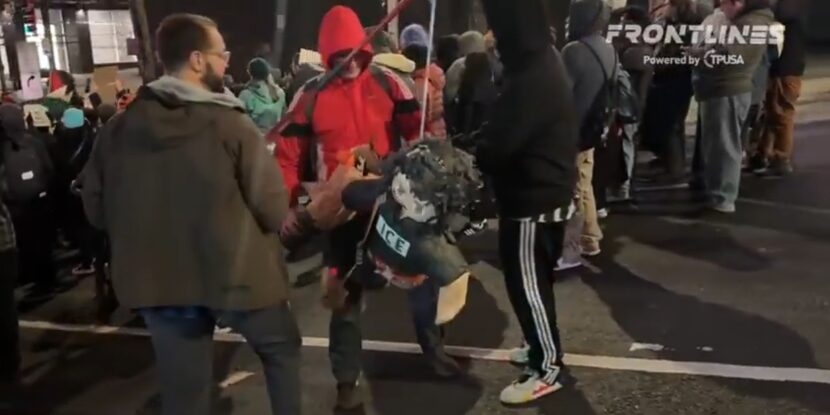❓WHAT HAPPENED: Iran is under a near-total Internet blackout as the Islamist government desperately tries to crack down on mass protests.
👤WHO WAS INVOLVED: Iranian government, protesters, NetBlocks, Georgia Institute of Technology, and the Miaan Group,.
📍WHEN & WHERE: Thursday, January 8, 2026, across various cities in Iran.
💬KEY QUOTE: “We are in a situation that can be described as a near-total internet shutdown.” — Amir Rashidi from the Miaan Group
🎯IMPACT: The blackout limits the coverage of events and isolates protesters from global communication.
Iran’s Islamist regime appears to have moved to cut off Internet access across the entire country on Thursday, as demonstrations against the rule of the ayatollahs continued to escalate into open civil conflict over runaway inflation and the collapse of the country’s economy. Internet monitoring groups like NetBlocks and the Georgia Institute of Technology reported a drastic drop in connectivity across the country.
While Internet blackouts are common during large-scale protests or the U.S. and Israeli strikes against the Islamist regime in June, the possibility that the Iranian government has taken the Internet offline entirely may signal that he regime is becoming increasingly desperate. Experts believe the current blackout is to prevent anti-regime demonstrators from communicating and to prevent evidence of pro-regime forces firing upon civilians.
“We are in a situation that can be described as a near-total internet shutdown,” Amir Rashidi from the Miaan Group—a human rights organization focused on Iran and the Middle East—stated. He added: “The method of disruption is the same as the one used during the 12-day war.”
Massive demonstrations have now erupted in multiple major Iranian cities, with reports indicating that at least one or two municipalities may have fallen entirely into the hands of anti-regime forces. As of Thursday, videos have surfaced of protestors burning pro-ayatollah banners in Tehran and attacking regime forces in the center of the city.
Protesters burn a memorial banner praising Qasem Soleimani and other senior members of Iran’s Islamic Revolutionary Guard Corps (IRGC) tonight in the heart of the Iranian capital of Tehran. pic.twitter.com/ujMqvSB7Pg
— OSINTdefender (@sentdefender) January 8, 2026
BREAKING:
The Iranian anti-regime protesters in Tehran have now arrived to the Pirouzi street and are just a few hundred meters from the Central Command Staff of the IRGC near the Shahada Square in Tehran.
It’s the IRGC’s headquarters for the Iranian capital city. pic.twitter.com/eE2I7YUOU5
— Visegrád 24 (@visegrad24) January 8, 2026
Join Pulse+ to comment below, and receive exclusive e-mail analyses.










